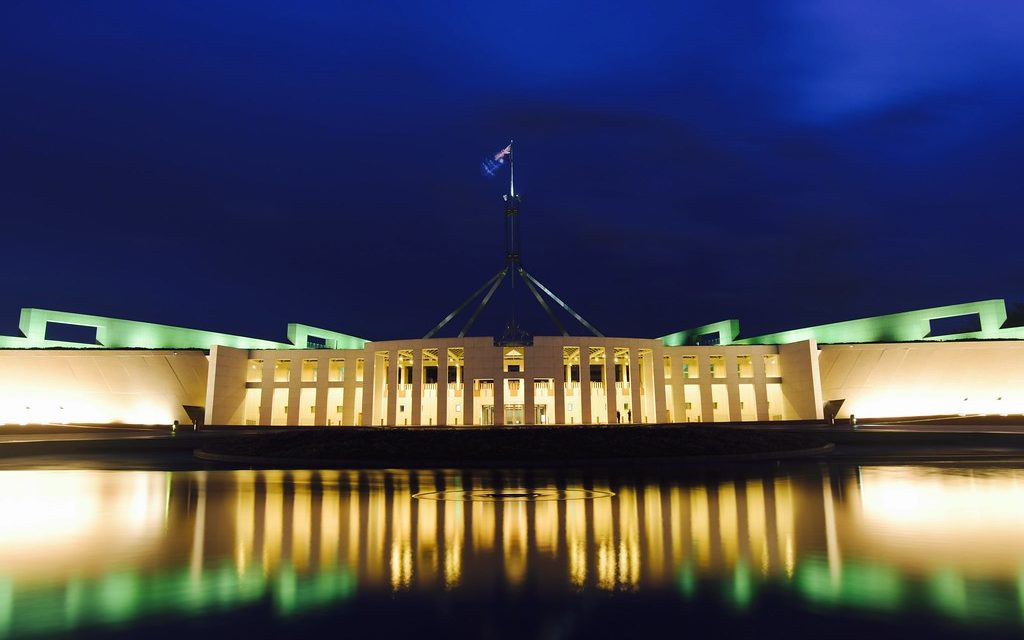 Australia’s 2023-24 budget, announced on May 9, 2023, is expected to prioritize addressing the cost-of-living crisis caused by elevated price levels through significant stimulus packages. In addition, the government is set to focus on energy transition, digitization, and defence. Despite this, data and analytics company, GlobalData, forecasts that Australia’s budget deficit is expected to widen from 1.6% of GDP in FY2022–23 to 1.9% of GDP in FY2023–24.
Australia’s 2023-24 budget, announced on May 9, 2023, is expected to prioritize addressing the cost-of-living crisis caused by elevated price levels through significant stimulus packages. In addition, the government is set to focus on energy transition, digitization, and defence. Despite this, data and analytics company, GlobalData, forecasts that Australia’s budget deficit is expected to widen from 1.6% of GDP in FY2022–23 to 1.9% of GDP in FY2023–24.
The country’s economy is facing several challenges, such as the higher cost of living, a tighter monetary policy implemented by the Reserve Bank of Australia, and a decrease in real wages, says Senior Economic Analyst at GlobalData, Indrajit Banerjee. As a result, the country’s economic growth, which increased by 3.7% in 2022 due to rising household spending and exports, is projected to slow down to 1.78% in 2023.
GlobalData forecasts Australia’s annual inflation rate to be 5.5% in 2023, beyond the Reserve Bank of Australia’s 2-3% target. To address this, the Australian Labor government is expected to support households and increase unemployment benefits to improve real wages.
Banerjee notes that the forthcoming federal budget may include tax reforms, with the government planning to reduce income tax rates to boost economic growth by promoting private consumption. However, this move is expected to impact the budget balance substantially.
The government also identifies opportunities to cut costs in certain areas and introduces minor yet impactful tax changes, including those affecting multinational corporations and superannuation. Additionally, the government is set to invest in crucial industries like energy, health, and defence.
The federal government is expected to benefit from the recent surge in commodity prices due to the recovering Chinese economy and the increased global demand for lithium, resulting in higher exports. This, in turn, is expected to offset the rising expenditure on stimulus measures marginally.
Banerjee concludes that while the budget deficit is expected to widen, cost-cutting measures and higher revenue from commodity exports may help mitigate its impact. As the Australian economy faces challenges, the government must balance its fiscal policies and stimulate economic growth.
Australia’s 2023-24 budget is expected to address the country’s cost-of-living crisis, prioritize energy transition and defence, and introduce tax reforms. However, the budget deficit is still projected to widen due to several economic challenges, including higher inflation rates and decreasing real wages.
Written by: Don Power


















